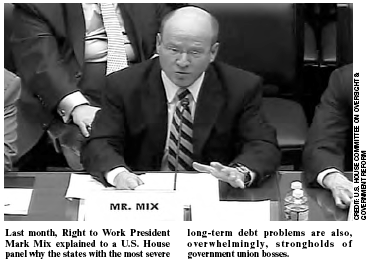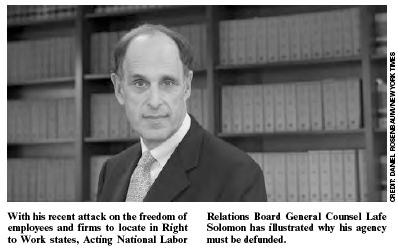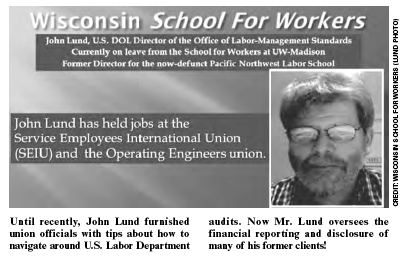Taxpayers to Realize More Losses on GM Bailout
Meanwhile, United Autoworkers Union Bosses Pocket $3.4 Billion (Source: May 2011 NRTWC Newsletter) In late 2008, GOP President George W. Bush "loaned" a total of $19.4 billion in federal taxpayers' money to the Big Labor-controlled General Motors Corporation (GM). Mr. Bush assured taxpayers they would get their money back. But by the spring of 2009, we learned we would never get back any of the money Mr. Bush had handed over to GM shortly before he left office. His successor as President, Democrat Barack Obama, announced GM would never have to settle up with taxpayers. President Obama simultaneously earmarked an additional $30 billion in taxpayers' money to by-then bankrupt GM. In exchange, taxpayers got a 61% stake in the money-losing company. Echoing Mr. Bush, Mr. Obama and his advisors insisted that, when the government eventually sold off its whole stake in GM, taxpayers would get the entire $30 billion back, and perhaps even reap a profit. Just last August, the President said it again. He told a CNBC interviewer: "We expect taxpayers will get back all the money my Administration has invested in GM." 'Government Officials Are Willing to Take the Loss'






